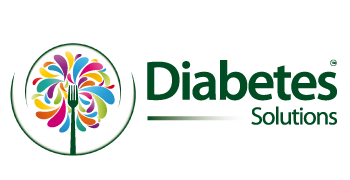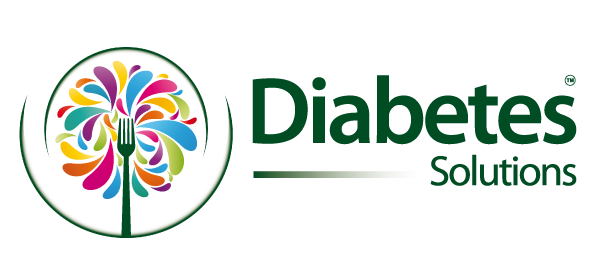Diabetic Eye Screening: A Vital Check for Vision Health
For many, the word ‘Type 2 Diabetes’ conjures images of blood sugar charts, insulin injections, and dietary adjustments. However, fewer individuals are aware of the broader systemic implications of Type 2 Diabetes, particularly its potential impact on vision. Enter the crucial role of diabetic eye screening – a pivotal measure to detect early signs of Type 2 Diabetes-related eye complications.
Understanding the Why: Type 2 Diabetes and the Eye
Type 2 Diabetes can influence the health of the eyes in multiple ways. Elevated blood sugar levels, characteristic of Type 2 Diabetes, can lead to changes in the tiny blood vessels supplying the retina – the light-sensitive layer at the back of the eye. Over time, these changes can result in a condition called diabetic retinopathy, a leading cause of vision loss in adults.
In its early stages, diabetic retinopathy might not present any noticeable symptoms. However, if left unchecked, it can progress and ultimately lead to severe vision impairment or even blindness. Hence, regular eye screening is of paramount importance for early detection and intervention.
The Diabetic Eye Screening Process
- Initial Examination: The screening usually begins with an assessment of your vision using a standard eye chart. This helps determine if you’ve experienced any vision loss.
- Pupil Dilation: Drops are placed in the eyes to dilate the pupils. This allows a clearer view of the retina. While the dilation process might cause temporary blurring of vision, it’s crucial for a thorough examination.
- Digital Retinal Photography: A special camera then captures detailed images of your retina. This photographic documentation helps in tracking changes over time.
- Expert Analysis: These images are meticulously examined by an ophthalmologist or a trained screener for signs of abnormalities. Any anomalies are graded based on their severity, determining the necessary course of action.
Potential Findings and Next Steps
- No Retinopathy: If no changes are observed, you’ll typically be invited for another screening in a year, given the progressive nature of diabetic eye diseases.
- Background Retinopathy: This is the early stage of the disease, where small bulges appear in the blood vessels. At this stage, the vision isn’t typically affected, but regular monitoring becomes vital to watch for progression.
- Advanced Retinopathy: If more severe changes are detected, you’ll be referred to an eye specialist for further evaluation and potential treatment.
The Importance of Regular Screenings
It’s worth noting that the early stages of diabetic retinopathy can be asymptomatic. Regular screenings, therefore, serve as a proactive measure to catch potential problems before they escalate. Early detection allows for timely treatments like laser therapy or injections that can prevent further deterioration and vision loss.
Who Should Get Screened?
Every individual with Type 2 Diabetes (both Type 1 and Type 2) should undergo eye screening:
- Type 1 Diabetes: Screenings should commence within five years of diagnosis.
- Type 2 Diabetes: Screening should start immediately upon diagnosis, as the onset of Type 2 Diabetes can go undetected for some time.
Additional Tips for Optimal Eye Health
While screenings play a vital role in early detection, proactive management of Type 2 Diabetes is the best preventative measure. Here are some additional steps you can take:
- Manage Blood Sugar Levels: Regular monitoring and maintaining blood sugar within the recommended range can significantly reduce the risk of retinopathy.
- Control Blood Pressure and Cholesterol: Both can exacerbate the impact of Type 2 Diabetes on the eyes.
- Avoid Smoking: Smoking can accelerate the progression of diabetic retinopathy.
- Seek Immediate Care for Vision Changes: If you notice sudden vision changes or spots in your vision, seek medical attention immediately.
In Conclusion
Diabetic eye screening is more than just a routine check-up; it’s a life-changing procedure that can prevent severe vision complications associated with Type 2 Diabetes. With an understanding of its significance, we hope that more individuals will prioritise this essential screening, ensuring clearer, healthier vision for years to come.





